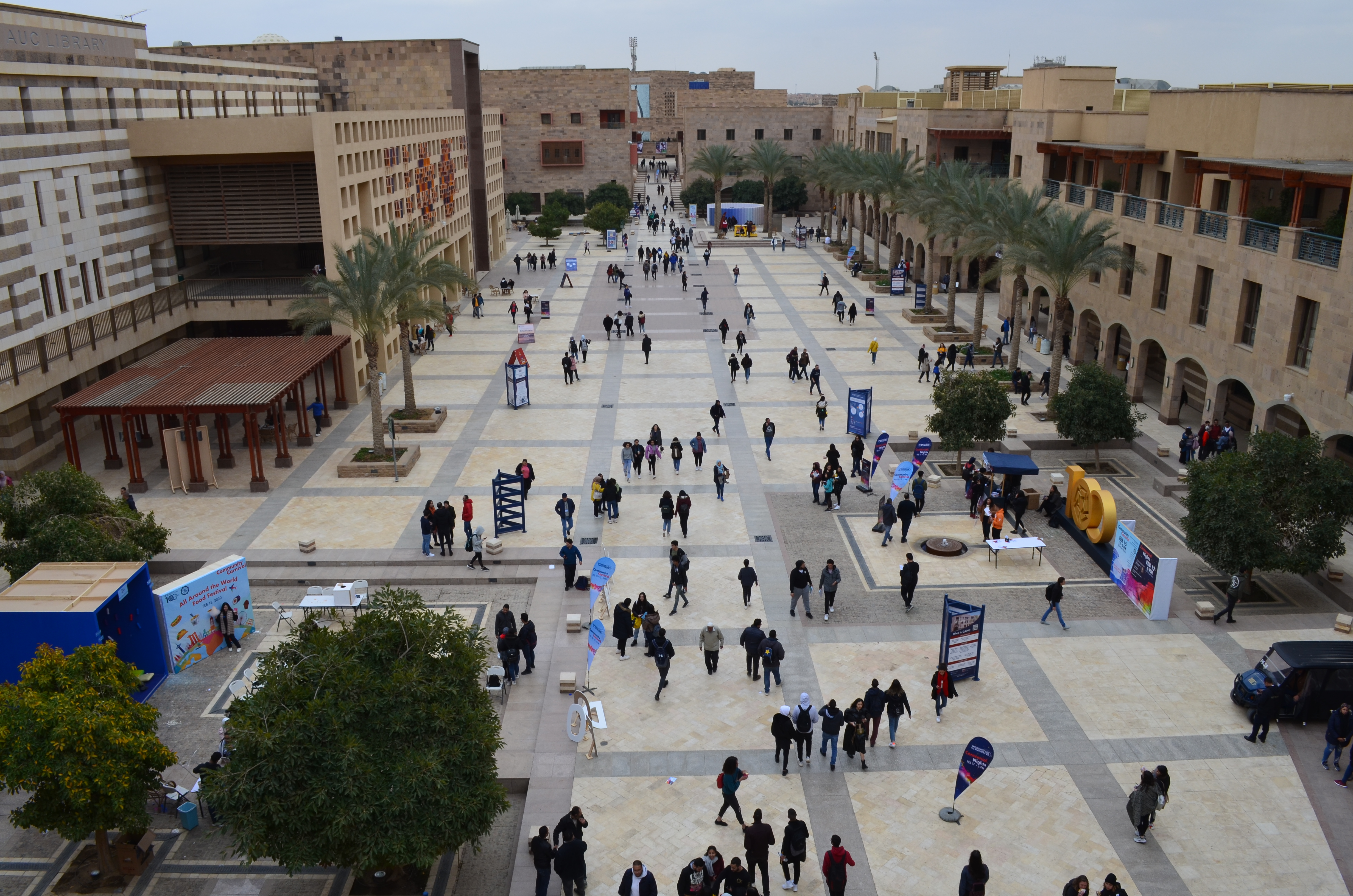AUC Takes Measures Against COVID-19
By: Bassel Hanna
@basselawsamw
AUC’s Office of Medical Services has started taking precautions to preemptively stop the spread of the coronavirus on campus, as well as inform the community about preventive measures recommended by medical experts.
The novel coronavirus was first discovered in Hubei province in China and was later declared an international emergency by the World Health Organization on December 31, 2019.
“In February of this year, the CDC (Center for Disease Control), designated the coronavirus a new name; COVID-19,” said Ahmed Abdellatif, assistant professor at the Biology Department.
COVID-19 is the third pandemic mutation for the coronavirus, that can infect humans, after it took the form of SARS (Severe Acute Respiratory Syndrome) in China in 2003 and MERS-CoV (Middle East respiratory syndrome coronavirus) in Saudi Arabia in 2012.
Since late December, nearly 100,000 infections have been reported around the world. At the time of printing, more than 3,300 have been killed by the virus with increasing numbers reported outside China.
On March 4, Dr. Irene Sabry, associate professor of medicine at Kasr Al Ainy Medical School, Cairo University spoke at Shafik Gabr Hall to talk about the virus and its symptoms, modes of transmission, as well as protective steps against it.
“Coronaviruses are known since 1960, they are not new viruses, they compromise a big family of viruses, seven of which are known to cause diseases in humans,” said Sabry.
Sabry reassured that the media circus surrounding COVID-19 is largely unsubstantiated and that people are worrying excessively about something that is not more fatal than influenza for which the mortality rate is 4-5 percent as opposed to the coronavirus’ 2-3 percent.
“Influenza can cause severe illness or death particularly in high risk populations which include elderly people, cancer patients, people with chronic and morbid diseases, people with diabetes or hypertension, as well as pregnant women,” she said.
Sabry related this to COVID-19 in that people with strong immunities might only display mild symptoms; fever, chills and some breathing difficulties, rhinitis, headache and sore throat. Medical attention needs only be sought when a patient is experiencing shortness of breath, which is a moderate symptom of the coronavirus.
Severe cases of the coronavirus are only realised when a patient has a preexisting condition such as hypertension or diabetes thus making for a comorbid disease, she continued.
Nevertheless, precautions have to be taken to prevent the spread of the virus. These precautions include self-protection as well as protection of others.
“The modes of transmission include coughing and sneezing within a distance of less than one meter,” Sabry said.
She also warned against touching contaminated surfaces and then proceeding to touch one’s own eyes, nose or mouth.
“Protect yourself and others by washing your hands – for at least 20 seconds – after coughing and sneezing, when you are caring for the sick, before, during and after you prepare food and after using the bathroom,” Sabry said.
The practical steps being taken at AUC to protect the campus from COVID-19 include the installation of hand sanitizers across campus in addition to precautions taken at the campus clinic.
“We have a designated room for the cases that have a high temperature or flu-like symptoms which is similar to what we did with the H1N1 outbreak,” said Dr. Mohamed Amin, director of the Office of Medical Services.
H1N1 (also known as Influenza A) first broke out in 2009 and was declared a pandemic influenza in the same year by the World Health Organization (WHO). It continued as a seasonal Influenza virus and by December of 2013, 25 deaths in Egypt were recorded.
He also explained that these rooms are disinfected and ventilated, everytime it is vacated by a patient, using an alcohol-based disinfectant.
“Precautions include avoiding large gatherings of people, properly ventilating classrooms and to stay home if you are experiencing flu-like symptoms,” Amin said.
So far, there have been two confirmed COVID-19 cases in Egypt, with both of them seemingly contained. In the face of the satire pointed towards the Egyptian Health Minister Hala Zayed on social media in regards to her handling of the situation, the WHO praised Egyptian officials on the professionalism displayed in dealing with these cases.
Egypt has also decided to bar Qataris from entering the country due to coronavirus fears in response to the temporary restrictions posed on Egyptians travelling to Qatar.



